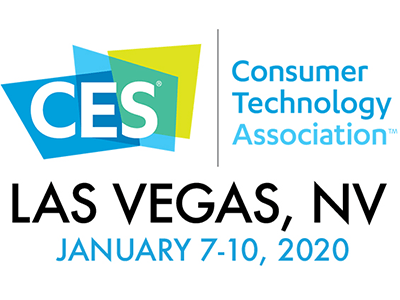 Today is Day 1 of two Media Days at #CES2020 in Las Vegas, kicking off this manic week of the Consumer Electronics Show at the Mandalay Bay convention center. For several years, I’ve convened with journalists and industry analysts from around the world for these two days before the “official” opening of CES to hear the latest news from some of the largest tech-focused companies on Earth.
Today is Day 1 of two Media Days at #CES2020 in Las Vegas, kicking off this manic week of the Consumer Electronics Show at the Mandalay Bay convention center. For several years, I’ve convened with journalists and industry analysts from around the world for these two days before the “official” opening of CES to hear the latest news from some of the largest tech-focused companies on Earth.
Announcements come from across industry sector — from automotive and transportation, telecoms, consumer goods, entertainment, social media, travel, and retail…with platform technologies playing a role including but not limited to AI, AR/VR/XR (the latter, extended reality), 3D printing, robotics, and the cloud intersecting all industries.
My focus is all-health, all-the-time, so I’m weaving the connections between connected cars, home appliances, telecoms, and Big Tech who put on the Ritz and glitz today and tomorrow for the press.
This is my ninth year attending CES, and at the beginning, “digital health” was more about gadgets and wearable tech than the broader theme of connected health that I’m weaving. If you don’t believe this meeting nine years later is resonating with medical and health care on the ground, note a few things happening in my own life this week that signal health/care is mainstream at #CES2020:
1. My book, HealthConsuming: From Health Consumer to Health Citizen, was chosen by Gary’s Book Club as one of nine books this conference believes cover the “hottest topics in tech in 2020.”
2. I will be meeting in a private conference with a leadership team of a dozen execs from one of the world’s largest Big Pharma companies to brainstorm around my wheelhouse of consumers + technology + health/care.
3. Digital health at CES will grow 25% since last year in terms of exhibitors and attendees focused on the category.
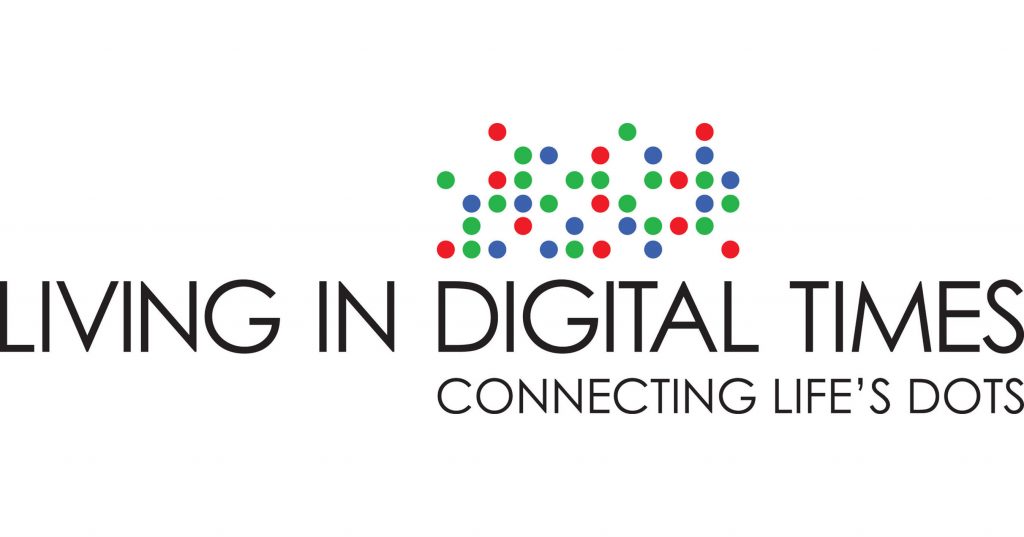
A fourth reality-check is this eleventh year of Living in Digital Times’ annual program, the Digital Health Summit. Living in Digital Times is the organizational home for the DHSummit. Today, LDT hosted a mid-day session on all of their special interest groups featured at CES 2020 including Retail Tech, Money (think: cryptocurrency and blockchain), Kids at Play, BabyTech, Cool Gadgets (in their annual “Last Gadget Standing” competition), and of course, Digital Health. (FYI, I’ll be interviewing Roy Jakobs, global head of Philips’ consumer health business, on the first day of the Digital Health Summit Tuesday 7th January).
Jill Gilbert is the Producer of the Digital Health Summit, and an important touch point in my world. In her summary of this week’s DHS, Jill identified several trends that set the agenda for the Summit.
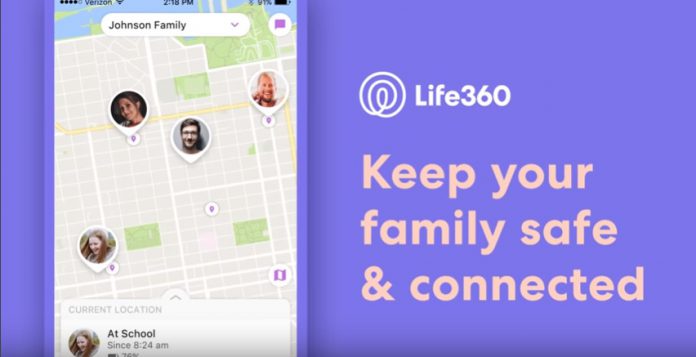 First and foremost, privacy, security and ethics — what Jill deemed as, “the imperative foundation needed for digital health’s real power to soar.” Noting that health data are more valuable than financial data, DHS worked with Kantar on a survey learning that trust is a key barrier to health innovation adoption (I’ll cover this survey in a separate post in Health Populi later this week). How to be “digitally well” is also a focus at the DHS: the Wall Street Journal and Life 360 have partnered to ask and respond to the question, “what it is to follow your child from birth to later stages,” using data in a trusted, ethical framework.
First and foremost, privacy, security and ethics — what Jill deemed as, “the imperative foundation needed for digital health’s real power to soar.” Noting that health data are more valuable than financial data, DHS worked with Kantar on a survey learning that trust is a key barrier to health innovation adoption (I’ll cover this survey in a separate post in Health Populi later this week). How to be “digitally well” is also a focus at the DHS: the Wall Street Journal and Life 360 have partnered to ask and respond to the question, “what it is to follow your child from birth to later stages,” using data in a trusted, ethical framework.
AI data and machine learning will further permeate health care — from fertility programs to payors predicting patient members’ health. Note that representatives from several health plans are attending and speaking at CES 2020 and the Digital Health Summit this week.
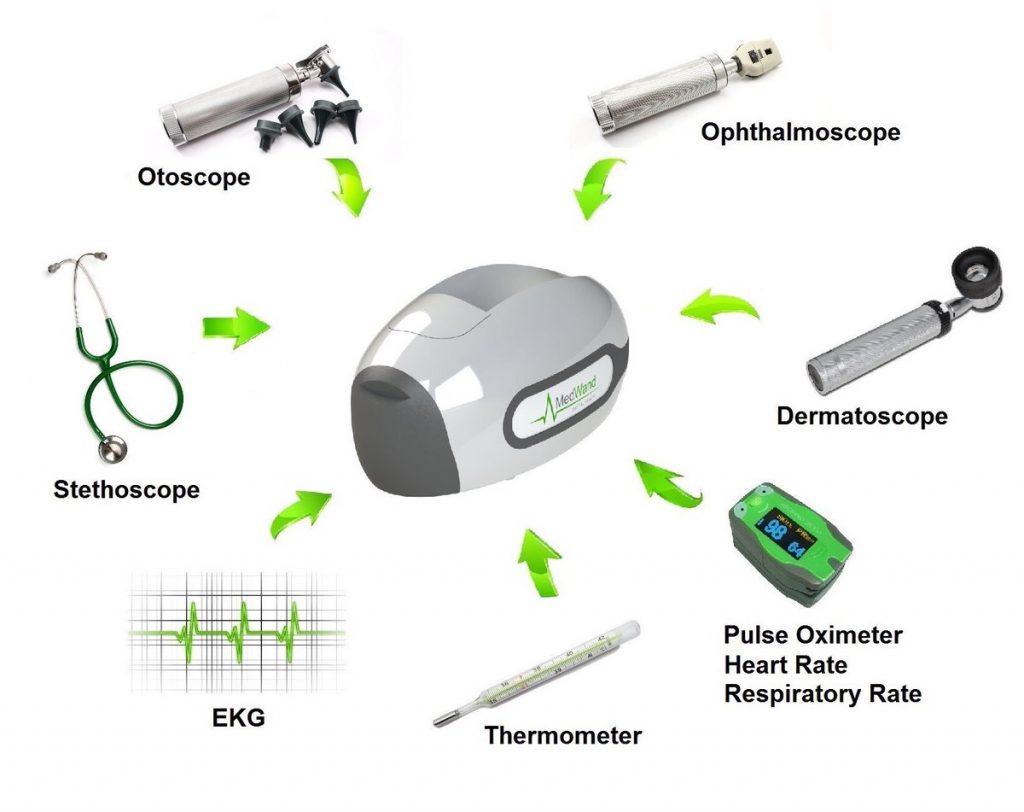 Wearables and voice tech will continue to evolve and will enhance applications, for both medical care in hospitals and doctors’ offices, and increasingly for people recuperating at home post-surgery, for more DIY rehabilitation in the home post-stroke, and for virtual doctor exams at a distance — via, for example, the MedWand which will be launched here at CES.
Wearables and voice tech will continue to evolve and will enhance applications, for both medical care in hospitals and doctors’ offices, and increasingly for people recuperating at home post-surgery, for more DIY rehabilitation in the home post-stroke, and for virtual doctor exams at a distance — via, for example, the MedWand which will be launched here at CES.
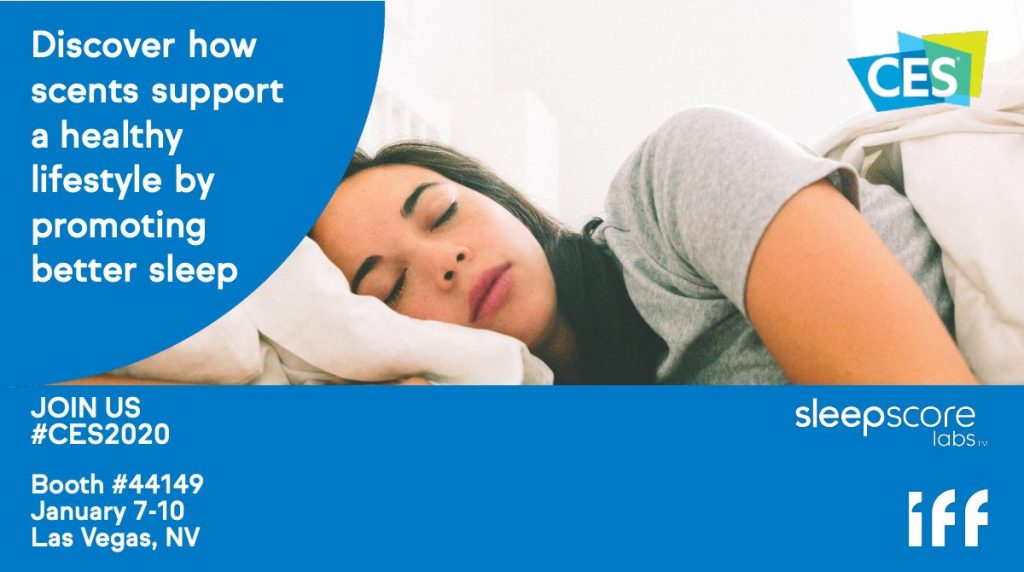 Sleeplessness is epidemic, and there’s an expanding array of innovations at CES2020 to help people from neonates to olders get quality rest. Highly technical sleep clinic functionality is moving home, and sleep science companies like SleepScore Labs are collaborating with new partners — like the fragrance industry — to pioneer products and services that can help ease the sleepless person into sleep, and help them stay sleeping. Sleep also blurs with BabyTech at this year’s CES, with both sleep for baby and parents being addressed by 4Moms and Owlet, respectively.
Sleeplessness is epidemic, and there’s an expanding array of innovations at CES2020 to help people from neonates to olders get quality rest. Highly technical sleep clinic functionality is moving home, and sleep science companies like SleepScore Labs are collaborating with new partners — like the fragrance industry — to pioneer products and services that can help ease the sleepless person into sleep, and help them stay sleeping. Sleep also blurs with BabyTech at this year’s CES, with both sleep for baby and parents being addressed by 4Moms and Owlet, respectively.

Fitness is getting even more connected in the post-Peloton world as critics are working to “democratize,” in the words of Herbie Calves, founder of MyxFitness, with a launch of a connected fitness at home program and service — a new trend we’re also seeing in subscriptions baked into products at CES 2020.
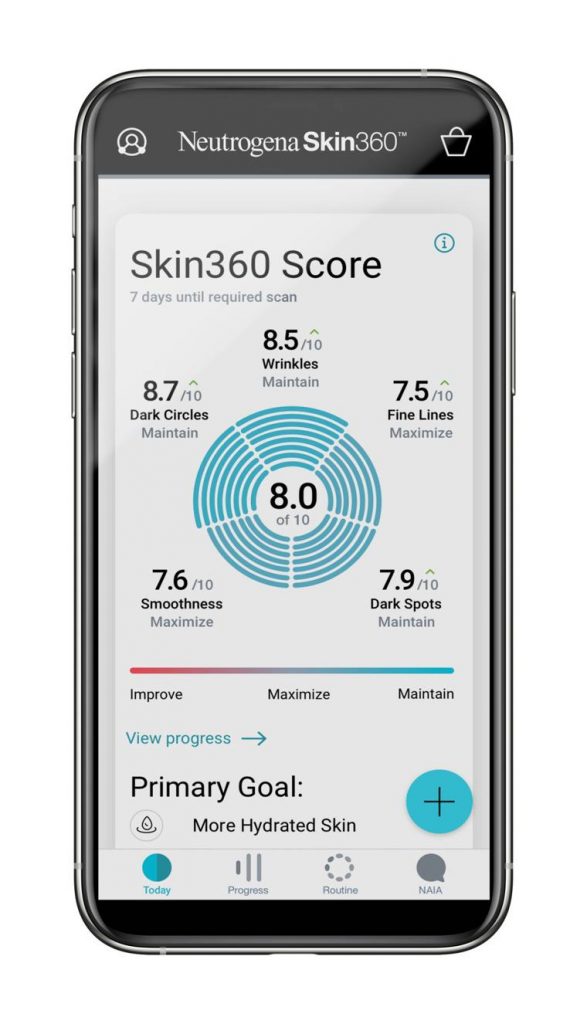 Beauty-as-healthcare is also expanding, notably in retail employing AI to personalize shopping experiences at Ulta, Sally Beauty and LuluLab, for example. On the product development front, BeautyTech finds Johnson & Johnson further growing the Neutrogena brand’s Skin360 program to help consumers achieve optimal skin health. (I’ll be covering this topic more fully later this week in a Health Populi post on how digital health innovations at CES can help democratize health care for the under-served).
Beauty-as-healthcare is also expanding, notably in retail employing AI to personalize shopping experiences at Ulta, Sally Beauty and LuluLab, for example. On the product development front, BeautyTech finds Johnson & Johnson further growing the Neutrogena brand’s Skin360 program to help consumers achieve optimal skin health. (I’ll be covering this topic more fully later this week in a Health Populi post on how digital health innovations at CES can help democratize health care for the under-served).
There’s an initial taste of digital health trends and a few innovations we’ll see this week. Stay tuned to these Health Populi posts all week long, as well as my Twitter feed @HealthyThinker to travel this journey with me in real-time.


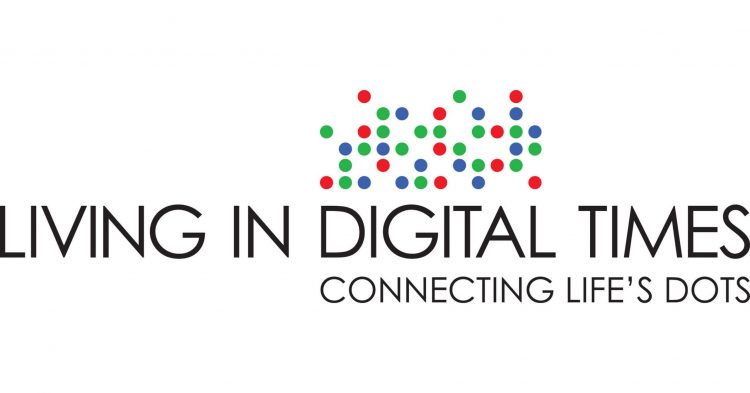


 Thanks to Feedspot for naming this blog, Health Populi, as a
Thanks to Feedspot for naming this blog, Health Populi, as a